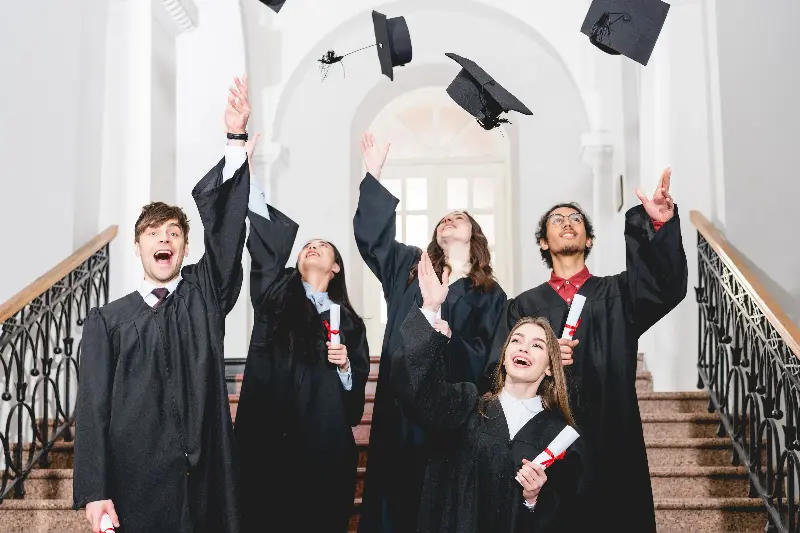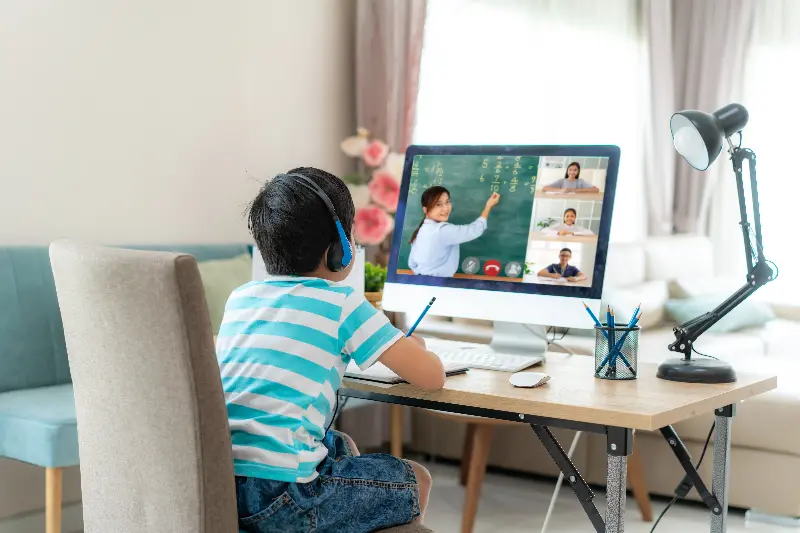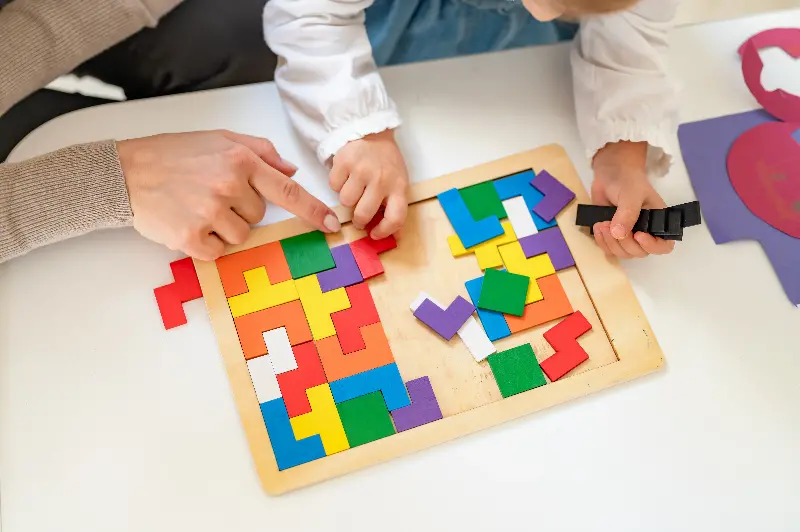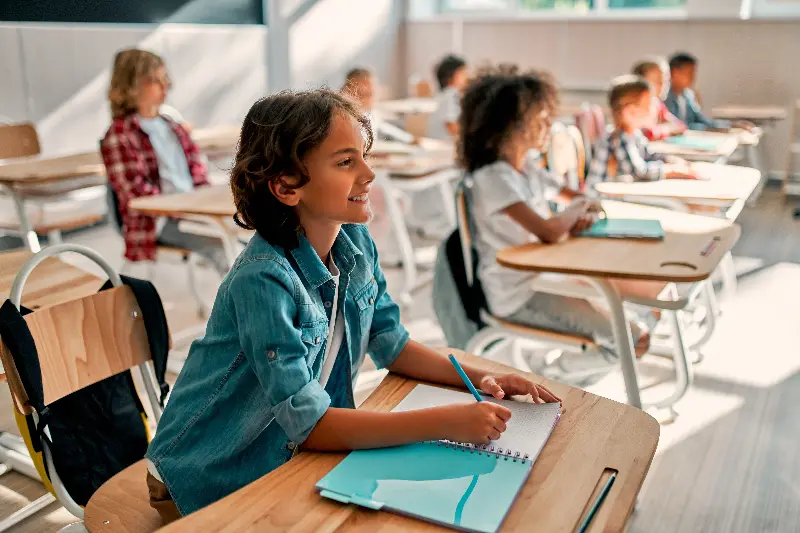Education is rapidly evolving, fuelled by digital innovation and a growing understanding of how people truly learn. The future of learning promises to look quite different from the classrooms of the past, sweeping away decades-old traditions and creating opportunities that would have once seemed the stuff of science fiction. From artificial intelligence to virtual reality and personalised platforms, let’s explore the fascinating trends and surprising innovations transforming education as we know it.

Personalised Learning On The Rise
Perhaps the most profound shift in modern education is the move towards personalised learning pathways. Unlike the “one-size-fits-all” model of traditional schooling, advanced algorithms are now able to adapt to each learner’s strengths, preferences, and areas for growth. Artificial intelligence (AI) is at the heart of this evolution. AI-powered platforms, like Century Tech and DreamBox, analyse how students interact with material and immediately adjust the curriculum, ensuring learning is always just challenging enough—never overwhelming or tedious.
Personalisation is more than just tailoring lessons. It also allows for micro-credentialing: students earn digital badges for mastering specific skills, creating a detailed profile of competencies rather than a simple letter grade. This kind of learning is especially powerful in lifelong education, enabling adults to upskill and reskill in focused bursts, adapting with the workforce at lightning speed.
Blurring The Line Between Physical And Digital Classrooms
Hybrid and blended learning models have become the norm for millions. While some schools and universities pushed “flipped classrooms” before the pandemic, the global crisis supercharged remote learning technologies. Now, flexible approaches are here to stay, offering the best of both worlds: in-person relationships and digital convenience.
Virtual reality (VR) and augmented reality (AR) are taking the digital classroom to the next level. VR headsets can transport students on virtual field trips to ancient Rome, inside the human bloodstream, or even onto the surface of Mars. Complex topics—like quantum physics or molecular biology—are brought to life in 3D visualisations, making complex concepts accessible and exciting regardless of a student’s background.

Artificial Intelligence Goes Mainstream
Far from replacing teachers, AI is transforming their roles, turning them into facilitators and mentors rather than lecturers. Machine learning software can rapidly mark assignments, detect patterns in student errors, and flag early signs of struggle or disengagement. Freed from endless marking, mentors can spend more time on meaningful interactions, such as one-on-one coaching and supporting emotional development.
Chatbots and AI tutors are also offering on-demand support—think of them as friendly, ever-available study buddies. For example, platforms like Duolingo and Khan Academy use sophisticated algorithms that not only answer questions but also adjust lesson difficulty on the fly, keeping learners of all ages engaged and challenged.
Skills Over Content: The Return Of Critical Thinking
As information becomes universally accessible, what we know is less important than how we use what we know. Innovative curricula focus more on creativity, problem-solving, collaboration, and digital literacy than rote memorisation. Project-based learning, once considered experimental, is now a cornerstone of programmes from primary education to advanced university courses.
Global companies and universities increasingly value these “soft skills” or “human skills”, often measuring them through portfolios and real-world projects. Many schools have embraced inquiry-based learning, where students explore real issues—from climate change to urban design—and present solutions as if they were young consultants.

Surprising Innovations Beyond The Classroom
Some of the most exciting changes are happening far from school walls. Gamification has turned learning into an adventure. Apps like Kahoot! and Minecraft: Education Edition embed lessons in play, making education irresistible to digital natives. Meanwhile, adaptive language platforms allow learners to chat with AI-powered characters, practice pronunciation, and learn cultural contexts—all before ever visiting a foreign country.
Peer-to-peer learning has also exploded, with students teaching each other through platforms like Brainly and Skillshare. This democratisation of knowledge taps into a basic truth: sometimes the best teacher is just someone who’s one step ahead.
A Focus On Wellbeing And Mental Health
Education today is not just about academic achievement. There’s growing recognition that wellbeing is fundamental to learning. Mindfulness programmes, emotional intelligence classes, and wellbeing apps such as Headspace are increasingly woven into school life. Many systems are training teachers to identify and support learners struggling with anxiety or stress, creating more resilient and confident students.

The Future: Inclusive, Accessible, And Lifelong
Perhaps the most inspiring aspect of education’s future is its promise to break down barriers. Technology makes it possible for students in remote or underserved communities to access world-class resources and instruction. Efforts to create accessible content—through subtitles, sign language, or disability-ready platforms—mean more learners than ever are included in the journey.
Lifelong learning is no longer a buzzword but an economic necessity, as rapidly shifting job markets demand adaptability. From pocket-sized certificates called “nanodegrees” to global online universities, flexible options abound.
Education is entering a golden age of opportunity, innovation, and inclusion. The trends reshaping how we learn are exciting, surprising, and, above all, empowering—ensuring that learners of every age, ability, and background are equipped for a world that never stands still.
